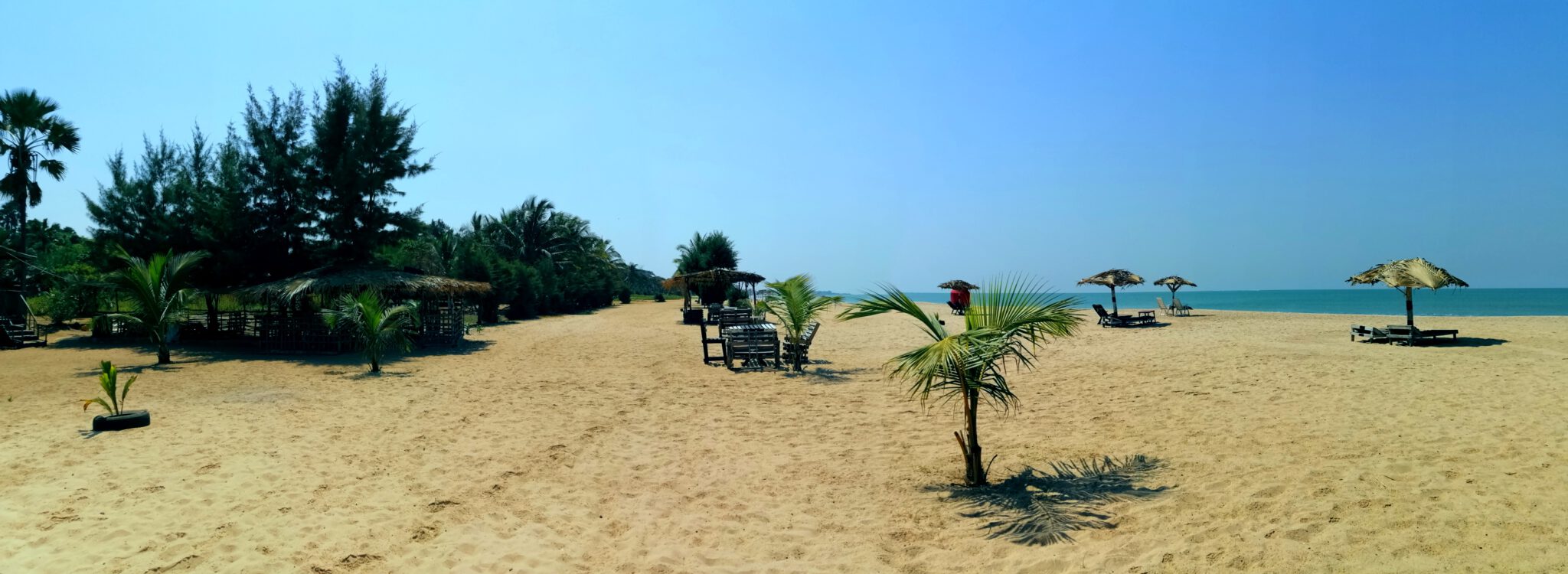
We would like to give you some information and tips,
so that you can enjoy your holiday carefree:
Entry and exit
Upon entry, you will receive your 28-day visa directly at the airport. The visa costs 20 € or 1000 D, which you pay directly at the counter. You can pay with euros or with the national currency Dalasi (D).
When leaving the country, you would also have to pay another 20 € or 1000 D at the counter before you are allowed to check in.
Corona
The Gambia took action back in February 2020. After that, a hard lockdown hit until the end of October 2020. After it was determined that Gambia had hardly any infections, the government laid down all measures. Since then there has been no lockdown, mask, test or vaccination obligation. So in the country itself, life has been back to normal since November 2020. The current infection rate of 0.42% (source: www.corona-in-zahlen.de) shows that you can go on vacation in The Gambia without hesitation.
Malaria, medical care and vaccinations
Basically, you should have the yellow fever vaccination injected, which is only once in a lifetime, before traveling to Africa. But this is only a recommendation. Of course, many vacationers shy away from malaria. But don’t worry – there are enough treatment options in Africa for this. Malaria has always existed. For example, Africa is already up to the modern standard of being able to treat malaria patients.
In The Gambia there are plenty of stores where you can get injections against malaria. Of course, you can prevent an infection by having your doctor prescribe you malaria prophylaxis (Malarone) before you go on holiday. However, there are different pharmaceutical manufacturers with different income and (side) effects. We recommend the drug atovaquone/proguanil hydrochloride. This drug is only used when you have symptoms. Or you drink enough GIN TONIC in the bar… Yes, you heard me right! The drink contains the active ingredient quinine and was already used in the British colonial era in India to combat malaria.
Africans have been using the active ingredient artemisinin, obtained from the extracts of the medicinal plant “Artemisia annua” (also known as mugwort), for centuries to combat malaria.
Moringa is also used as a panacea. The leaves of the so-called miracle tree are infused as tea. Moringa is said to be useful for 300 different ailments and is used for metabolic diseases, oxidative stress, inflammation, wounds, infections or pain. We speak from personal experience here – it works extremely quickly against fever and viral complaints. Therefore we will also plant a Moringa tree on our property.
Travel time and temperatures
The Gambia is characterized by a warm, tropical climate. The best travel time is in the winter months (also called dry season) from November to May. The temperatures during the day are around 30-35°C. At night, on the other hand, it can get quite cool at 18-20°C. In the dry season, trade winds from the Sahara blow more frequently. The air here is dry and dusty. However, they also make the temperatures bearable. In addition, there is no precipitation and you experience a cloudless sky for months.
Means of transportation
Do you want to go out into the city or just explore the area? We would be happy to call a taxi for you. Just speak to our staff. Make sure to negotiate the price before getting into the taxi, otherwise it could become a very expensive trip. A single ride to the beach or to the nearest town costs about 200 – 300 D. If you cover a longer distance (such as in the direction of Sene Gambia) you pay about 600 D. Of course you can also try the minibus taxis, which ones the locals use every day. These are much cheaper than normal taxis.
Self catering and restaurants
You definitely don’t have to go hungry in The Gambia. There is food in abundance on every street corner. From small, typical African stores to large Indian supermarkets, you can get almost anything your heart desires. If you value European food, you can get it from the Indians in the large supermarkets (e.g. German branded butter, Alpro soy milk, etc.). However, we also recommend the roadside markets. Local women sell fresh homegrown fruit and veg and this is truly ORGANIC.
If you don’t feel like cooking, you will find a restaurant on every corner where you can get a large meal for just D100 (€1.80). If you move in the tourist district, the restaurants become more expensive.
We have put a few recommendations for you under the “Freetime” button.